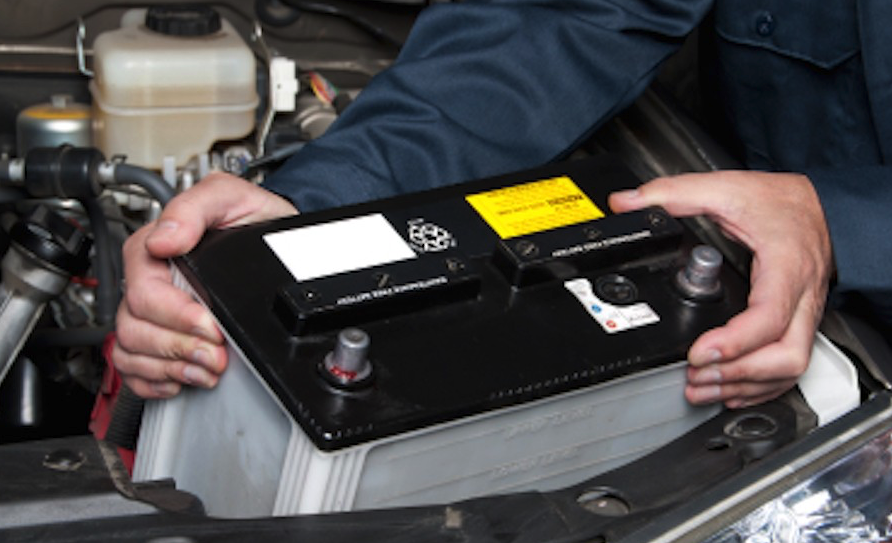

Chances are you never thought about how electricity is a key factor in the smooth operation of your vehicle. In fact, without the electrical system in our vehicles, we would never be able to get from point A to point B.
The electrical system is one of the many complex components of the vehicle that work together, to not only start your car but to keep it running. Let’s briefly review the vital role of your vehicle’s electrical system:
- Step 1: The battery supplies your vehicle with the electrical current needed to generate the combustion and motion to get your engine going. The battery also gives power to the other controls in your vehicle such as your interior and exterior lights, the radio, power windows, as well as many other electronic components.
- Step 2: The starter is a motor that uses an electromagnet (or solenoid) to deliver the power from the battery to crank the pistons and get your vehicle to start.
- Step 3: Once the engine has started, the alternator generates power while the vehicle engine is running. It keeps the battery charged and supplies power to the other components of the electrical system while the engine is operating.
The three steps above simplify how your vehicle’s electrical system work. When something is wrong with one of those components, you may experience problems with the operation of your vehicle. Let’s look at some of the more typical problems with the electrical system or its components.
| Battery | Vehicle will not start No noise when turning the ignition | Battery has lost its charge or is dead Battery is corroded Battery cables are loose or corroded |
| Starter | Vehicle will not start Single or multiple clicks when turning the ignition | Malfunctioning or damaged solenoid |
| Alternator | Dimming headlights while driving Dashboard lights are dim or out | Damaged alternator which is unable to generate power during operation |
| Spark Plugs | Lurching or rough idling | Dirty or loose spark plugs |
While you may not be able to address the problems with your starter or alternator, you can be proactive by maintaining the health of your vehicle’s battery. Most car batteries last between four to five years but with regular maintenance, you can ensure that you get the maximum lifetime from them.
Here are a few tips on battery maintenance:
Check your battery regularly for possible corrosion and buildup of dirt.
Clean your battery terminals and cables when you do notice corrosion.
o Battery cleaners are available at your local auto supply store
o Make your own solution with one tablespoon of baking soda to a cup of very hot water. Using an old toothbrush, simply brush on to remove corrosion and rinse with clean water.
If you recently had to have your battery jumped started, consider having it checked by your local auto club or repair shop to ensure it is holding its charge.
ALWAYS use caution when handling your car battery or cables by consulting with your vehicle’s owner’s manual for all safety precautions.
